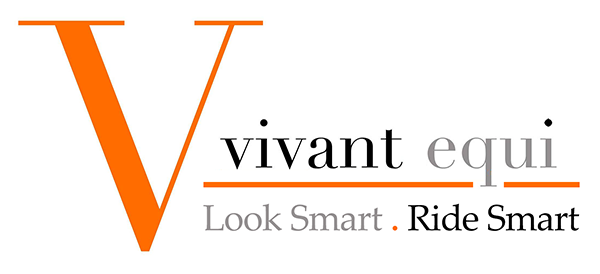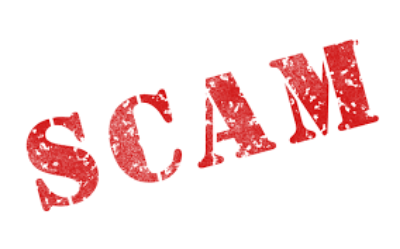Scammers are becoming more and more prolific and despite all the information out there about how to identify them, are still managing to take advantage of people. They are very easy to spot if you know what you are looking for. Here are the main things to check if you aren’t sure about a website or Facebook page or profile.
Normally fake pages and profiles pop up when a genuine page runs a competition. At first glance they appear to be the genuine page. They’ll have the same name and will have the same profile and cover pictures. They will message a participant who has commented on the competition post or reply to a comment on the competition post and tell them they have won the competition. Things you can check are the following:
- Have you been following the page for a while then suddenly get a friend request from the business? Business pages are just that, a page. Not a profile. Only a profile can send you a friend request. A business page that you have been following, i.e. you see their posts in your newsfeed, will NEVER send you a friend request.
- Check the details of the competition post and see if they match your message. For example the post says the competition closes Friday. The message tells you you've won and its only Monday. Check the other comments on the post. Have others also had the same comment saying they have won?
- Check the profile the message has come from. You can normally see a very clear difference between the real profile and the fake one. The fake one will have 0 or very little followers, 0 or very little likes and no posts on the timeline. If there are a couple of posts, they are obviously not from the business you are following. It has no about section, nothing. They are also set up as a page type that doesn’t match what the business does. E.g. an equine supplies page set up as food & groceries. If the profile is not a page but a personal profile, i.e. you can see the add friend button, it is fake.
- You can compare the URL's, 99% of genuine pages have what is called a human readable URL. You can look at it, read it and understand what page you are likely to end up on when you click it. Fake pages will often look something like this https://www.facebook.com/profile.php?id=100090345037569
- The message you are sent or comment you are tagged in will normally contain a link that you have to click to ‘claim your prize’. That link will ask you to register to receive your prize and as part of that registration process you need to give your credit card details. Any genuine business will NEVER ask you for your credit card details to claim a prize.
Websites
The adage for these ones, if it’s too good to be true it normally is, needs to be applied. You’ve found the perfect pair of shoes for a quarter of the price you can buy them anywhere else? The website you’ve found them on is likely a scam site. You might receive something, if you do it will be of inferior quality or be nothing like what you think you are ordering. More likely, you will receive nothing at all.
There are a couple of things you can check to determine if the site is genuine or not.
- Check the contact us page. Genuine businesses want you to know all about them and make it as easy as possible to get in touch. Fake pages will likely only have an online form to contact them. There will be no phone number, no location, no email, nothing. You won’t even be able to establish what country the ‘business’ is based in.
- Check the shipping info and other information pages. You’ll likely find each word in each sentence starts with a capital letter.
- Check the refund policy page. There will likely be a mention of products the site doesn’t even sell. For example, the site sells shoes but the refund policy says body piercings cannot be returned.
- Again, if the prices are too good to be true, they very likely are.
What to do when you find these pages?
There isn’t much you can do about a fake website. You can report to Netsafe or if you can establish what platform it has been built on, Shopify for example, you can report it to them. More often than not, platforms like that aren’t used for fake sites because it is easy to report them and they get taken down.
If you get a message or any contact from a fake Facebook page or profile you can report them to Facebook then block them
To do this access the profile, then go to the 3 dots on right hand side.
Choose find support or report. Choose pretending to be something, then choose a business. Type the business name they are pretending to be in the search box and select it from the list.
Click send, then done.
Emails
If you recevie an email that you're not sure about, NEVER click on any link in the email. Some of them look pretty convincing. You can check if the message within the email is legitmate by going directly to the site that apparently sent it and check or by phoning the business that apparently sent it to check.
For example, you get an email from the IRD telling you you owe tax or something like that. Highly unlikely, they don't send emails telling you about things like that. They'll be more likely to send an email telling you there is a message on the site and you need to log on to view it. If you're worried and want to check, go straight to the IRD site, DO NOT use any of the links in the email, log on and check.
I'm pretty good at spotting fake pages, scams and dodgy websites so if you're ever unsure drop me a line and I'll give you my opinion.


